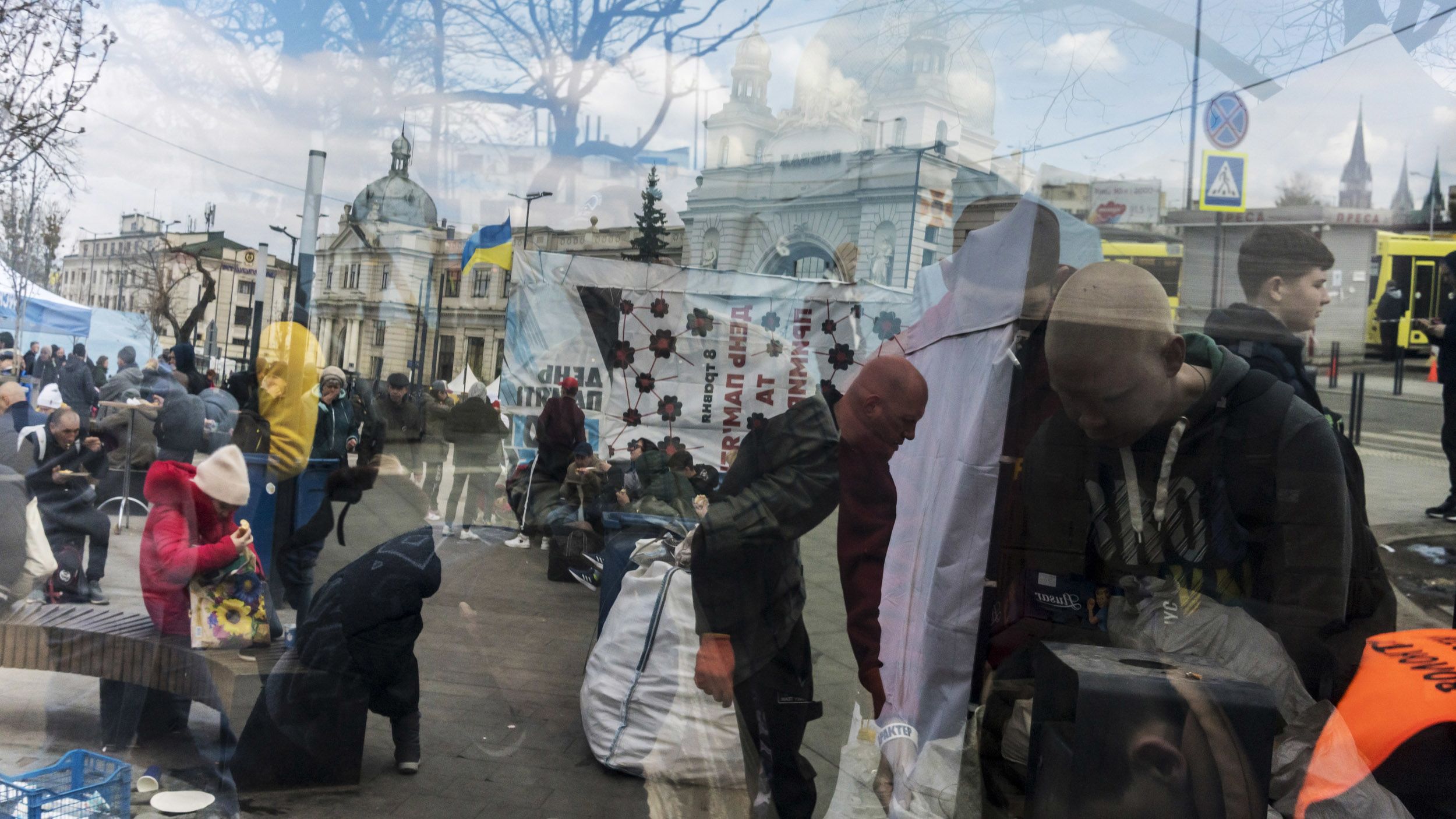
By Phil McCausland
Photography by Brendan Hoffman
May 9, 2022
KYIV, Ukraine — At the morgue in Bucha, black plastic body bags rustled as they were pulled back from the faces of the dead. Families hoping to identify their loved ones looked in the unmoving eyes of dozens of corpses at varying points of decay.
In Irpin, destroyed Russian tanks were pulled to the sides of roadways to make way for Ukrainians who returned home after the invading soldiers left behind cratered roads, burned husks of houses, spent bullet casings, and booby traps for residents to discover.
In Odesa, one of the last free cities on Ukraine’s southern coast, missiles landed indiscriminately in neighborhoods, filling the air with loud booms, exploding in homes and killing a mother and her newborn, a teenage boy and others.
In Lviv, I met women and children who had lived in a Kharkiv basement for six weeks. They could not see the sky, but they heard the explosions as rockets destroyed the city where they all had grown up.
“People are dying and schools, hospitals and homes are all being destroyed: no windows, no water, no electricity and constant shelling,” Natalia Ryabko, 38, said outside a refugee center at the Lviv train station. She and her son were eating soup after a dayslong journey from Kharkiv.
These are just fragments of what I’ve witnessed after spending a month in Ukraine, the atrocities a result of President Vladimir Putin’s decision to invade this country. Yet, Russia on Monday celebrated Victory Day, the annual holiday that stretches back to the end of World War II and the liberation of Europe from the Nazi regime.



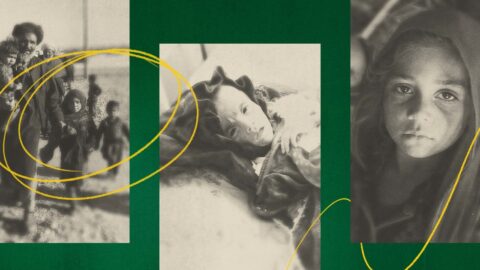
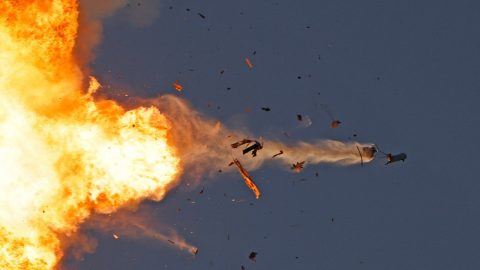
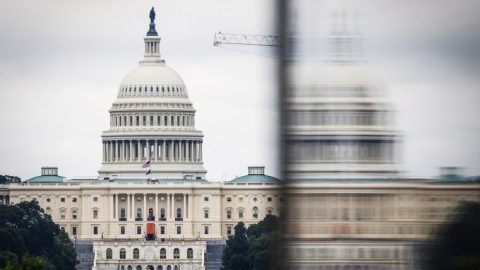
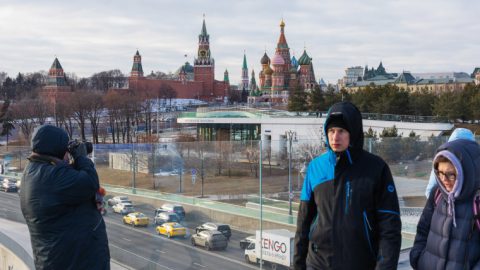
Recent Comments